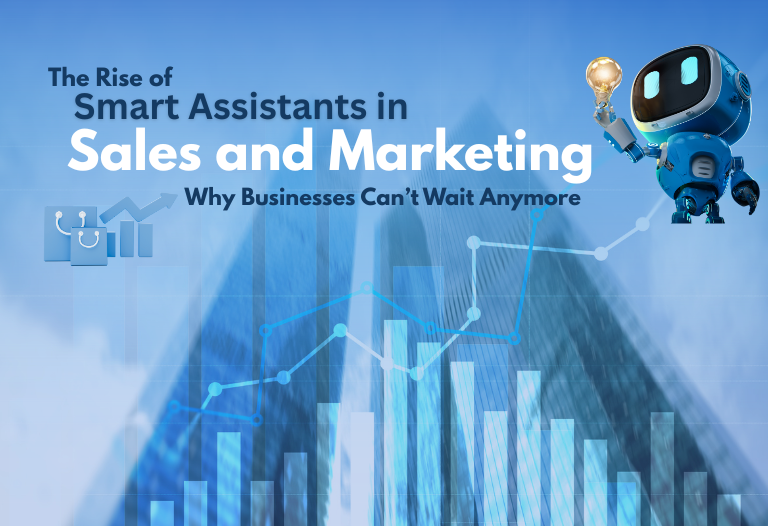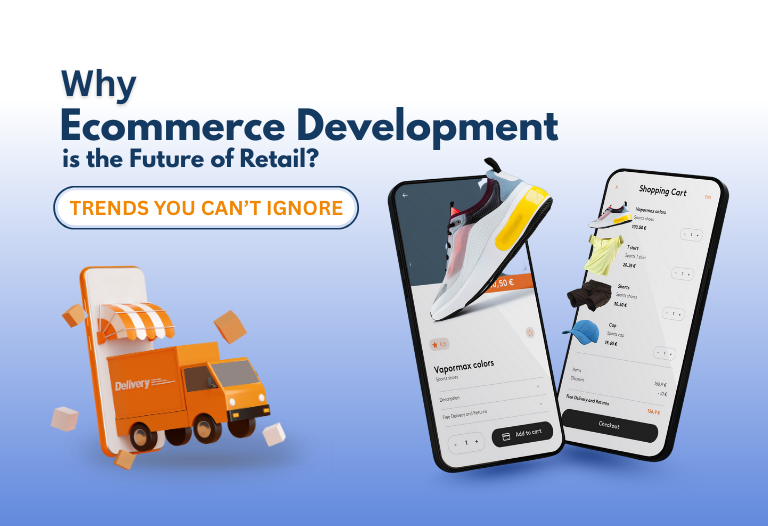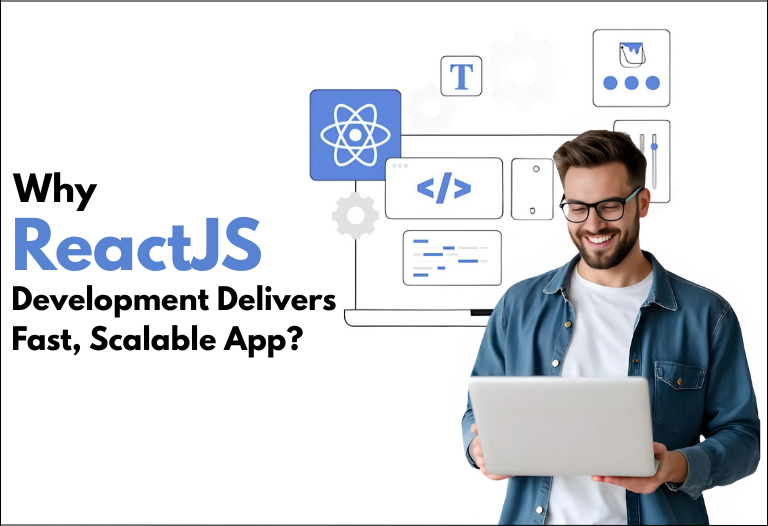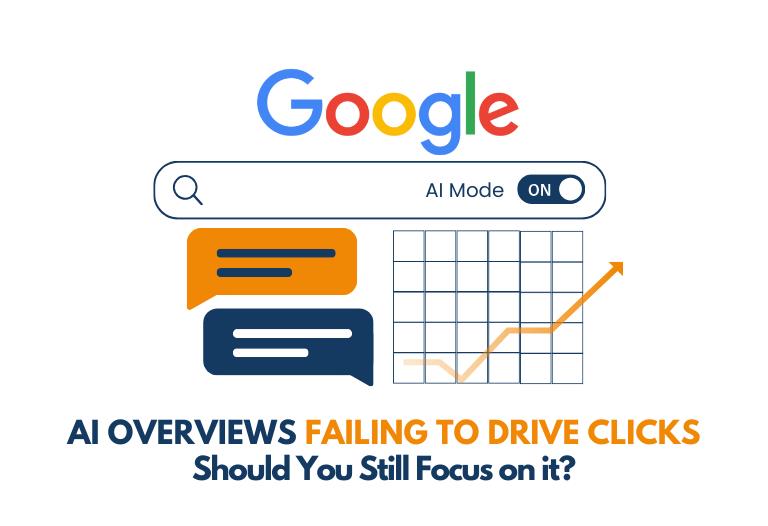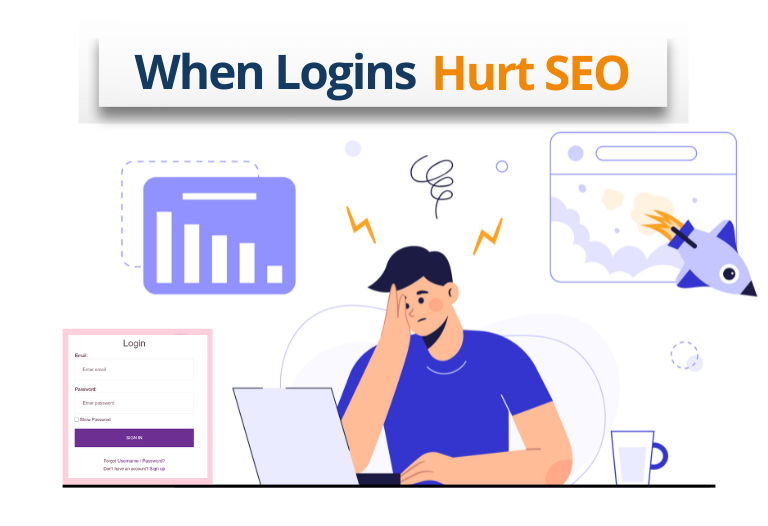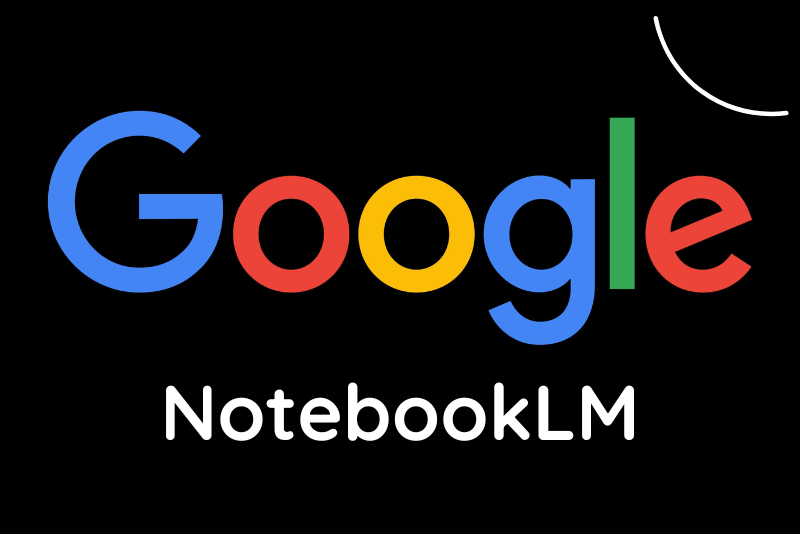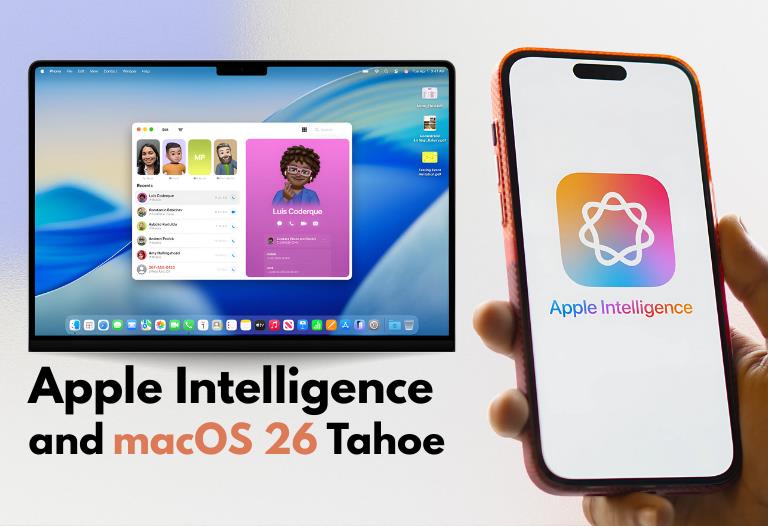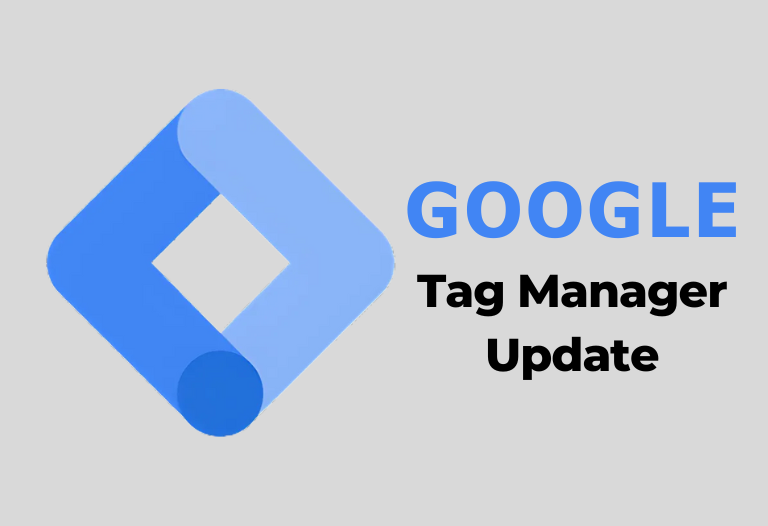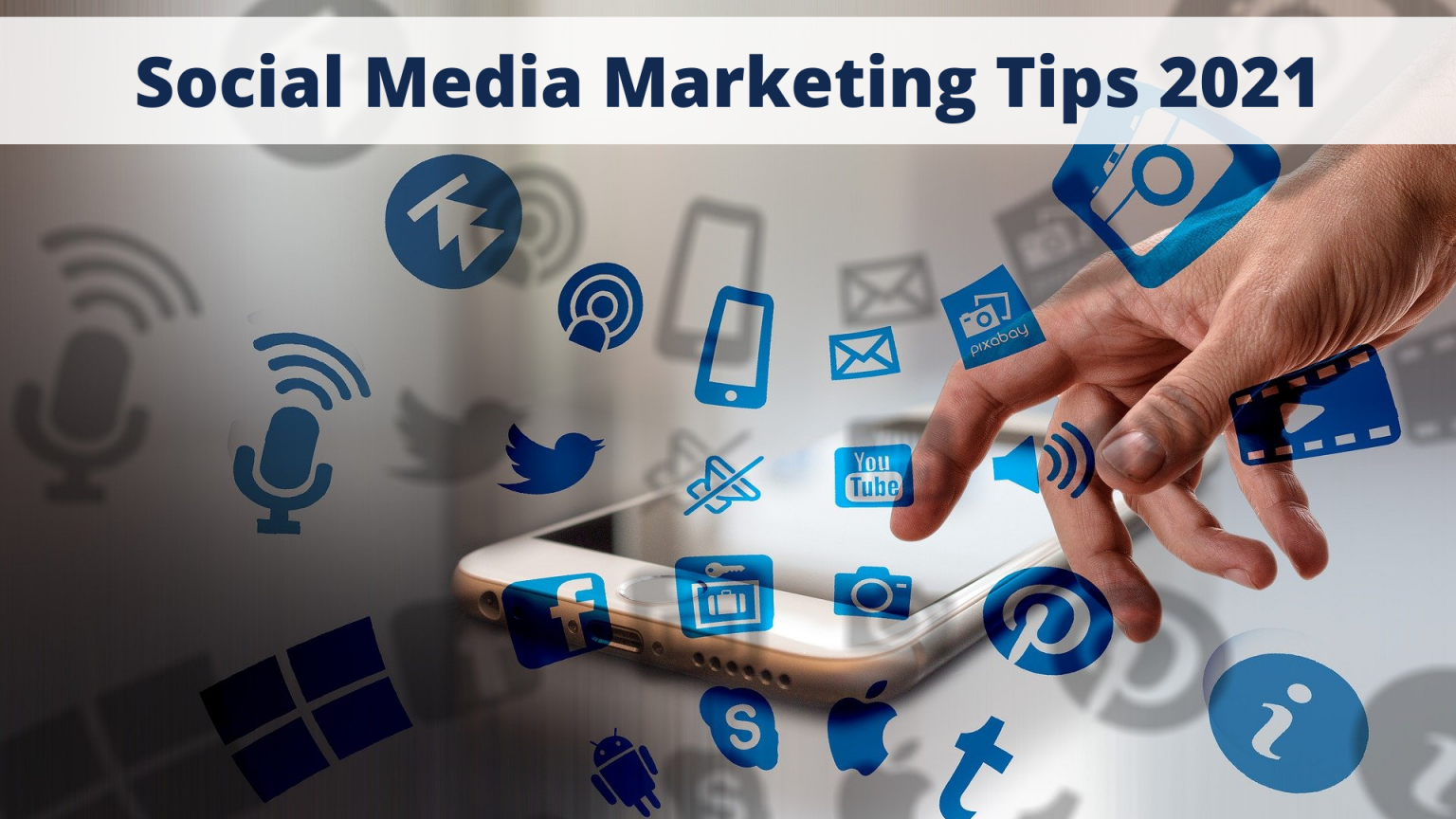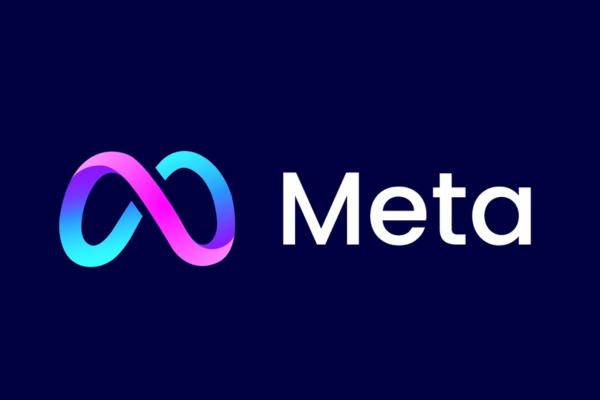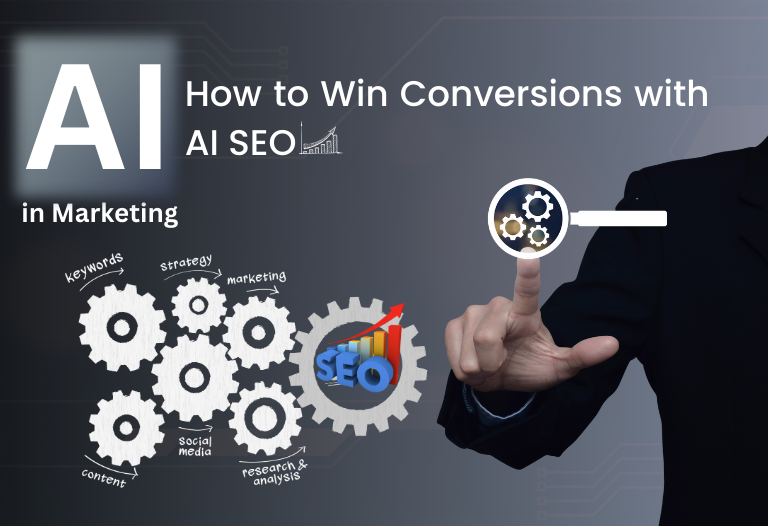
AI in marketing is no longer a luxury; it’s a necessity!
Trust me when I say that we have already stepped into the era of data-driven decision-making, and artificial intelligence (AI) is revolutionizing how businesses connect with customers in ways you cannot even fathom.
From hyper-personalized content to predictive analytics and AI-driven SEO strategies, we are in the infancy stages of AI marketing, and things are just going to take off from here on.
If you haven’t been keeping up, according to a recent McKinsey survey, generative AI could contribute up to $4.4 trillion annually to the global economy, with marketing and sales departments reaping substantial gains through automation, efficiency, and higher ROI.
AI marketing has evolved far beyond chatbots and basic automation. These days, it’s all about orchestrating smarter campaigns, achieving higher conversions, and gaining a competitive edge, predominantly when guided by AI marketing experts and AI SEO strategists who know how to harness its full potential.
What is AI Marketing?
AI marketing refers to the use of artificial intelligence technologies, such as machine learning (ML), natural language processing (NLP), and predictive analytics, to make more informed marketing decisions. These tools can automate campaigns, extract insights from massive data sets, and dynamically adjust messaging to align with user intent in real-time.
AI marketing platforms can optimize various aspects, including email campaigns, ad placements, audience segmentation, sentiment analysis, and content generation. Whether you’re deploying AI internally or working with an AI SEO marketing company, these tools unlock more intelligent workflows, sharper decision-making, and ultimately, higher conversions.
But there’s now another crucial dimension to AI marketing that marketers can’t afford to ignore, and it’s growing rapidly.
AI marketing is a term businesses are using to get placements in LLM searches so, AI marketing now also means marketing for AI platforms, not just using them.
In addition to using AI to streamline and enhance your marketing efforts, businesses now need to optimize their web presence, content, and digital assets for discoverability on AI-powered platforms like:
- ChatGPT
- Google Search’s AI Overviews
- Perplexity AI
- Microsoft Copilot (Bing AI)
- Anthropic’s Claude
- Meta AI
And other large language models (LLM)-based interfaces are becoming mainstream entry points for information.
These platforms don’t operate like traditional search engines. They rely on context-rich, semantically structured, high-authority content that can be cited or summarized directly in conversational responses. This shift is giving rise to a new specialization: AI SEO, which is the practice of optimizing content specifically for indexing, ranking, and citation by LLMs.
In essence, true AI marketing today involves a two-pronged strategy:
- Using AI to market smarter
- Marketing your content to AI interfaces
This evolution has created a competitive advantage for brands that partner with AI marketing experts and AI SEO strategists who understand both the technical and strategic nuances of ranking not just in search engines, but in the AI layer of the internet.
Whether you’re training in-house teams or collaborating with an AI SEO expert, the benefits of AI marketing are undeniable:
- Precision targeting through AI-driven segmentation
- Faster execution with intelligent automation
- Hyper-personalization at every touchpoint
- Higher ROI from campaigns built on data, not guesswork
- AI discoverability that ensures your brand surfaces in tomorrow’s digital assistants and AI search platforms
In the new AI economy, content that isn’t optimized for LLM visibility risks being invisible. The future of marketing isn’t just digital, it’s AI-native.
The Rise of AI in Digital Marketing
In 2024, McKinsey reported a 72% AI adoption rate across global businesses, signaling a strong shift toward AI-augmented marketing. As omnichannel data flows become increasingly complex, AI tools help marketers make sense of it all—identifying trends, segmenting audiences, and customizing content for maximum impact.
The real game-changer? AI doesn’t just automate; it amplifies creativity and strategy, empowering marketers to iterate more quickly and work more effectively.
Benefits of AI in Marketing
Integrating AI into your marketing strategy delivers transformative results, not only by making campaigns smarter and faster but also by helping your content gain visibility on today’s dominant AI-driven platforms. Whether you’re looking to improve traditional marketing workflows or optimize your web presence for large language models (LLMs), the benefits are both immediate and long-term.
1. Smarter, Real-Time Decision-Making
AI marketing platforms utilize machine learning algorithms to monitor campaign performance, track audience sentiment, and analyze behavior in real-time. These platforms recommend strategic optimizations on the fly, enabling marketers to pivot quickly, test more efficiently, and deliver more relevant messaging, especially across multi-channel environments.
Whether it’s testing ad variations or adjusting targeting parameters, AI marketing experts can use these tools to stay several steps ahead of competitors who rely on slower, manual processes.
2. Increased ROI on Campaign Spend
With AI handling channel attribution, ad bidding, and consumer intent prediction, marketing dollars go further. AI tools help identify the most effective content, channels, and delivery times by analyzing both historical and real-time data. This ensures higher conversions and lower acquisition costs.
For businesses working with an AI SEO marketing company like Primotech, take note that we focus on creating search-optimized content that not only ranks well on Google but also gets pulled into AI-generated responses across platforms like ChatGPT and Perplexity, opening up visibility in an entirely new frontier of digital marketing.
3. Enhanced KPI Measurement and LLM Visibility
Traditional KPIs, such as CTR, CPA, and bounce rate, still matter. But with AI in play, you gain next-level insights: which keywords are favored by AI platforms, which pages are cited by LLMs, and how content is being interpreted and repurposed by tools like Google AI Overviews.
AI dashboards now enable marketers to correlate campaign actions with AI visibility metrics, providing a more comprehensive view of success. With proper tagging, schema markup, and AI SEO strategies, brands can track not only web performance but also AI discoverability, a vital KPI in 2025 and beyond.
4. Improved CRM, Retention, and AI Personalization
AI enhances customer relationship management by automating repetitive tasks (like list segmentation or follow-ups), predicting churn risks, and generating personalized messaging at scale. These capabilities don’t just improve engagement—they boost loyalty and lifetime value.
Even more important: AI can tailor these communications not just for humans, but for machine-readable clarity, ensuring your messaging is easily interpreted and cited by AI platforms. Brands that structure their data and messaging with AI SEO experts can benefit from content being reused or referenced by LLMs to deliver responses to millions of users.
5. Deep, Data-Driven Insights with Competitive AI Edge
Modern marketing involves vast amounts of data, and only AI can effectively navigate it at scale. From predictive analytics to customer behavior modeling, AI surfaces trends and insights that would be invisible to the human eye. These insights inform content strategy, SEO optimization, lead nurturing, and other key areas.
But here’s where AI SEO truly changes the game: the same datasets that inform your internal marketing can also inform how you shape content for AI engines. By understanding how LLMs read, summarize, and recommend content, AI SEO strategists can structure pages to increase the likelihood of being pulled into AI responses, thereby gaining exposure with zero paid media spend.
Future-Proofing Your Brand for AI-First Discovery
Perhaps the most significant overlooked advantage of AI in marketing is its ability to future-proof your content. We’re entering a world where consumers increasingly rely on AI agents, not search engines, for answers. If your content isn’t optimized for these platforms, it risks becoming invisible.
Brands that adopt a dual AI marketing strategy, utilizing AI tools to market smarter and create content for AI-driven discoverability, will dominate in this new ecosystem. And the businesses that partner with forward-thinking AI SEO marketing companies will lead that transformation.
Key Use Cases: AI Marketing in Action
1. Audience Segmentation
AI divides your target market based on behavior, demographics, and preferences, creating micro-segments that enable precision targeting and enhanced engagement.
2. Content Generation
Tools like ChatGPT enable the fast and scalable creation of blogs, emails, ads, and website copy, making them ideal for AI marketing experts who need to create and optimize content across multiple platforms and languages.
3. AI-Powered Chat Assistants
Modern customer support bots use NLP to resolve queries naturally, increasing customer satisfaction while lowering service costs.
4. AI in E-commerce
AI-powered recommendation engines personalize the shopping experience, boosting conversions by presenting products users are most likely to buy.
5. Predictive Analytics
By forecasting future trends and customer behaviors, predictive AI enables businesses to proactively adjust their pricing, product strategy, and lead scoring.
6. Programmatic Advertising
AI automates ad placement based on behavioral data—delivering more relevant ads, minimizing waste, and improving click-through and conversion rates.
7. AI SEO Optimization
Using AI for SEO (also known as AI SEO) helps marketers improve their rankings by optimizing for algorithm updates, generating keyword-rich content, and monitoring their technical health. Tools can even create schema markup or run competitor analysis in real-time.
8. Sentiment Analysis
AI evaluates social media chatter, customer reviews, and feedback to uncover brand sentiment—crucial for crisis management and campaign fine-tuning.
9. Workflow Automation
From scheduling posts to segmenting leads, AI reduces manual workloads and boosts efficiency, enabling marketers to focus on strategy rather than execution.
Best Practices for AI Marketing Success
1. Clean, High-Quality Data
AI models—whether used for customer segmentation, predictive analysis, or content optimization—are only as accurate as the data they’re trained on. This applies not only to internal tools but also to external content being read by AI systems.
I strongly recommend that you use clear, factually sound, and well-structured content with headers, schema markup, and semantic HTML to help LLMs parse and understand your information. This is essential for AI SEO discoverability.
2. Robust Data Infrastructure
AI tools need real-time access to diverse, interconnected data sources (CRM, CMS, web analytics, ad platforms, etc.). But just as important: your public-facing content architecture must be machine-readable and LLM-friendly.
Ensure your website and digital properties:
- Are crawlable by AI agents and bots
- Follow structured data standards (schema.org)
- Include clean metadata and rich snippets that help LLMs interpret your content accurately.
3. Targeted AI Training
Whether you’re deploying a chatbot or running predictive campaigns, training AI on your customer behavior and intent signals delivers far better outcomes than generic models.
At the same time, refine your content strategy to align with the type of information LLMs prioritize: helpful, accurate, well-sourced, and contextually relevant. AI SEO strategists can help shape this approach to achieve both search and AI placement success.
4. Ethical Data Governance
Respect for consumer privacy is non-negotiable. As AI relies on user data to power marketing and personalization, businesses must comply with GDPR, CCPA, and other global data protection regulations.
For content optimized for AI platforms:
- Be transparent about sources and authorship
- Use citations and reputable links where appropriate
- Avoid manipulative or misleading formatting that could reduce credibility in LLM indexing
5. Continuous Monitoring & Optimization
Set dual KPIs:
- Performance KPIs: Click-through rates, ROI, lead generation, conversions
- Discoverability KPIs:
- Are your pages being cited or referenced in ChatGPT?
- Is your content appearing in Google AI Overviews?
- Are AI tools pulling your data into answer boxes?
Use tools like SEO crawlers, LLM usage monitors, and structured data validators to evaluate your AI visibility and iterate accordingly.
6. Upskill Your Marketing Team
As AI reshapes the entire digital marketing landscape, your teams need to understand:
- How AI tools work
- How to deploy and interpret AI insights
- How to write and structure content for AI platforms and LLMs
Invest in training, workshops, or partner with AI marketing experts or an AI SEO marketing company to bring your team up to speed.
7. Align Content Creation with LLM Preferences
This is the newest and perhaps most strategic best practice. To make your content discoverable and quotable by LLMs:
- Create long-form, well-structured content with clear takeaways
- Add definitions, FAQs, summaries, and bullet points (LLMs love structured clarity)
- Use an authoritative tone, proper citations, and neutral, educational framing.
- Include original insights that differentiate your content from generic AI output.s
Step-by-Step Guide to Incorporating AI into Your Marketing Strategy
Successfully integrating AI into your marketing involves more than automating workflows. It requires a strategic approach that includes both leveraging AI to power your campaigns and ensuring your content is structured and optimized to surface within AI-driven discovery tools and language models.
Here’s a modern, two-sided roadmap for AI marketing success:
Step 1: Set Clear Objectives for Both Human and AI Audiences
Begin by identifying business goals such as:
- Increasing conversions or lead quality
- Improving email open/click rates
- Enhancing customer retention
- Boosting visibility in AI platforms like ChatGPT or Google AI Overviews
Establish both performance KPIs (ROI, CAC, CTR) and AI discoverability KPIs (citations by LLMs, appearances in AI summaries, AI-mode impressions). These dual metrics will drive tool selection and strategic execution.
Step 2: Acquire the Right Expertise
Integrating AI requires multidisciplinary knowledge:
- AI marketing experts for campaign strategy and personalization
- AI SEO strategists to structure content for LLM visibility
- Data scientists for AI model training and analytics integration
You can build this talent in-house or partner with a trusted AI SEO marketing company like Primotech, which brings platform expertise, deployment support, and ongoing optimization.
Step 3: Ensure Compliance with Privacy and Transparency Standards
AI systems depend on user data—but using that data must follow privacy laws like GDPR, CCPA, and emerging AI regulations.
Also, when creating content for LLMs to cite:
- Ensure transparency in authorship and sourcing
- Avoid deceptive formatting or keyword stuffing
- Maintain factual integrity and alignment with published guidelines from Google, OpenAI, and other AI platforms
Step 4: Audit Your Data Quality and Content Structure
Before using AI tools or training custom models, audit:
- Internal datasets (customer behavior, CRM, website analytics) for completeness and accuracy
- Public-facing content (blogs, product pages, FAQs) for structure, clarity, and semantic richness
Remember: Clean data improves AI performance. Structured content increases AI citation rates.
Step 5: Select the Right AI Tools and Platforms
Your toolset should reflect your dual goals. For example:
To optimize campaigns:
- Jasper, HubSpot AI, ChatGPT, Adobe Sensei, Salesforce Einstein
To improve AI visibility:
- Surfer SEO, NeuronWriter, Clearscope for semantic optimization
- Schema markup generators for structured data
- AI SEO analytics tools to track LLM indexing and AI-mode impressions
Match tools to your marketing maturity, technical resources, and specific outcomes.
Step 6: Implement, Integrate, and Educate
Roll out AI in phases. Begin with high-impact use cases, such as automating audience segmentation or utilizing generative AI for email copywriting.
At the same time:
- Train your teams on how AI models work
- Show them how to create LLM-friendly content.
- Support adoption with clear documentation, success metrics, and change management strategies.
Step 7: Monitor, Iterate, and Optimize for LLMs and Humans Alike
Post-implementation, track AI performance across:
- Campaign metrics (clicks, conversions, cost-efficiency)
- Content performance on traditional search and AI-powered platforms
- AI discoverability (Are your pages showing up in ChatGPT responses? Do they rank in Google AI Overviews?)
Feed the system with new data regularly, refine prompts and models, and use AI SEO tools to adapt to evolving LLM behaviors.
The Future of AI in Marketing: Smarter, Faster, and More Personalized
You have to Treat AI as a Long-Term Partner, Not a Plug-In!
The most successful organizations aren’t just adopting AI, they’re evolving with it. By approaching AI as a strategic layer across your marketing stack and working with experienced AI SEO experts, you ensure that your brand remains visible, competitive, and adaptable in the rapidly changing digital landscape.
Use AI to power your strategy, but optimize that strategy so AI platforms promote you.
Whether you’re focused on building a smarter funnel, crafting content at scale, or increasing conversions, the future belongs to businesses that partner with AI marketing experts who understand the full lifecycle of modern digital marketing.
Why Choose Primotech for AI Marketing?
As an industry leader in AI SEO and AI-driven marketing solutions, Primotech offers a comprehensive suite of services that help businesses enhance visibility, increase conversions, and scale content with precision.
Whether you’re looking for an AI SEO strategist or end-to-end campaign automation, Primotech brings the tools, strategy, and expertise needed to win in a competitive landscape.
If you have any questions, feel free to reach out to me at [email protected] or [email protected]




 August 21, 2025
August 21, 2025